
Commentaries | Sep 03,2022
Apr 22 , 2022
By Asseged G. Medhin
Inflation occurs in most cases when consumption ramps up without an accompanying increase in the production of goods and services. When this happens, prices rise and the currency within the economy is worth less than it was before. The currency essentially will not buy as much as it would before. When a currency is worth less, its exchange rate weakens against a basket of other major currencies. However, this depends on the inflation of other countries as well.
Headline inflation has been in the 30-40pc range in Ethiopia for a while. Everything is increasing in price. Even those goods and services produced locally increase beyond expectation compared to imported goods or domestic goods that require raw material sourced overseas. Combined with political shocks, it could exasperate the economic situation further.
The government needs to intervene, but why?
If it employs a contractionary monetary and fiscal policy by reducing the money supply and lessening deficit financing, the economy may be thrown into a recession because spending will crash. If reserve requirements, which is the amount of money banks are legally required to keep on hand to cover withdrawals, are raised further instead, it kills the dynamism of banks and sends the wrong signal at a time when it is trying to open up.
No less pertinent here is that inflation is also a psychological phenomenon, not just an economic one. There is little the government can do when people expect elevated inflation to occur. This expectation is hard to change unless a significant time passes where there is no above-average inflation.
In the most advanced economies, contradictory monetary policy is likely to be followed, reducing the supply of money by increasing interest rates. Our economy is an interesting one, where banks continue to make profit in an economy with negative loan and deposit interest rates. Additionally, both capital and stock exchange markets have not been established, which are effective tools for controlling inflation.
It is true that even in the United States, inflation is nearing double-digits. This global impact of the rise of inflation, driven by a faster than expected growth in demand and supply shocks induced by the Russia-Ukraine war, requires both policy and regulatory intervention.
As a means of measure, the central bank may increase savings interest rates. But in order to make money, they must lend it at a higher rate. They will have no choice but to increase their rates as well. As a result, fewer people want to borrow money because it costs more to do so while that money accrues at a higher interest rate. So spending drops, prices drop and inflation slows.
The government should also craft crises management economic program with detail priorities to reach some of its development objectives and normalise its spending until major macro variables are balanced. It should exert its effort in stimulating the economy through different incentives, and should revise its plans to lift fuel subsidies.
Another thing it can do is increase reserve requirements on the amount of money banks are legally required to keep on hand. The more money banks are required to hold back, the less they have to lend to consumers. If they have less to lend, consumers will borrow less, which will decrease spending. The reserve requirement has already been doubled last year. This should be extended even higher. The National Bank of Ethiopia (NBE) should also reconsider the continued depreciation of the Birr to increase export revenue. It has never been an effective policy, and it is not going to start now.
A deep economic crisis may be created unless the government intervenes wisely. The rise in the cost of living is unsustainable and is impoverishing the average consumer. Policymakers should rise to the challenge.
PUBLISHED ON
Apr 22,2022 [ VOL
23 , NO
1147]


Commentaries | Sep 03,2022
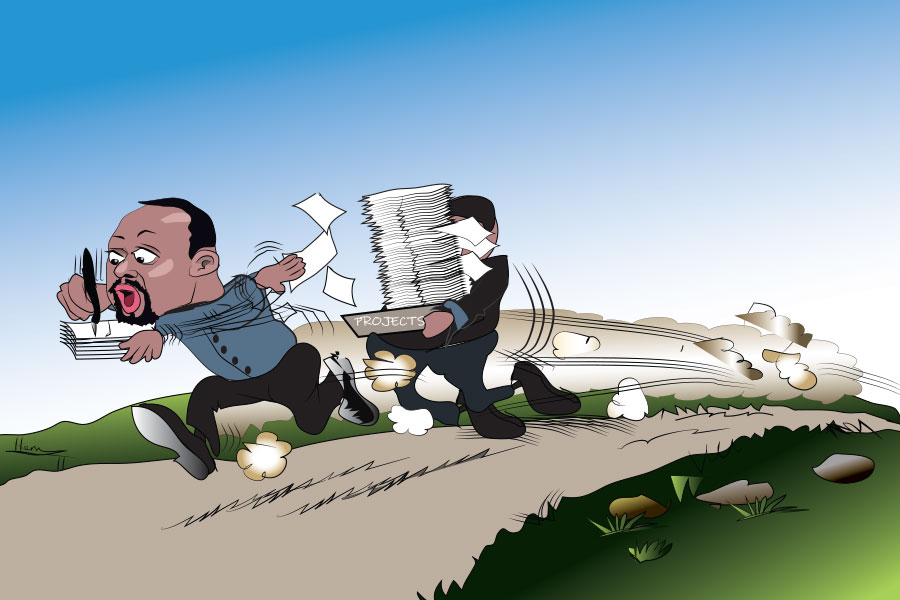
Editorial | Jun 01,2019
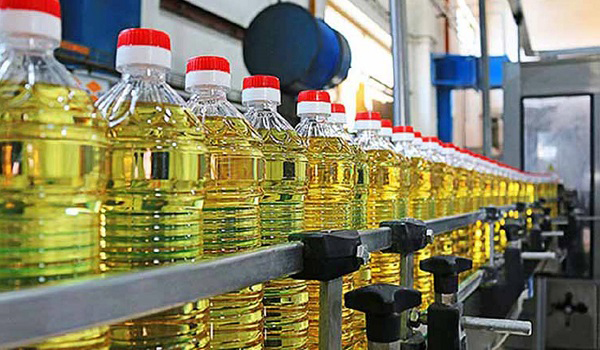
Fortune News | Apr 13,2025
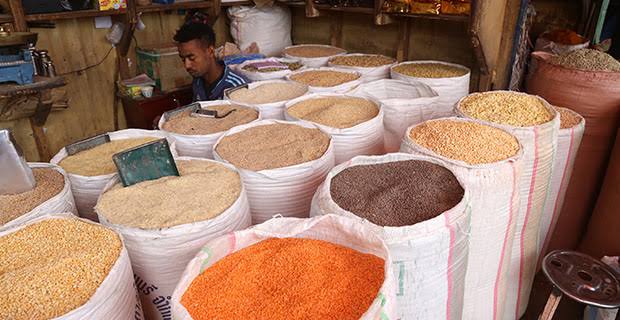
Fortune News | Oct 05,2019
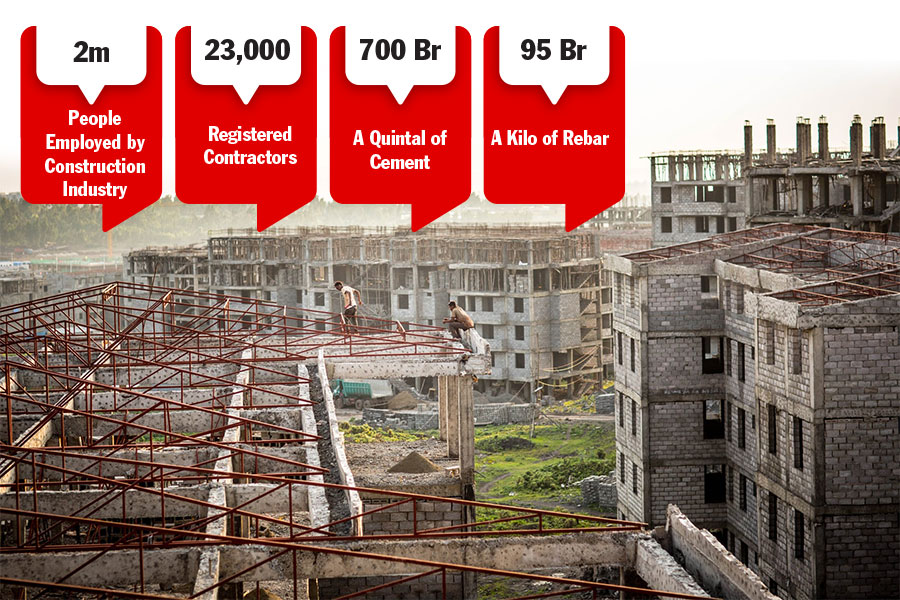
Fortune News | Feb 19,2022
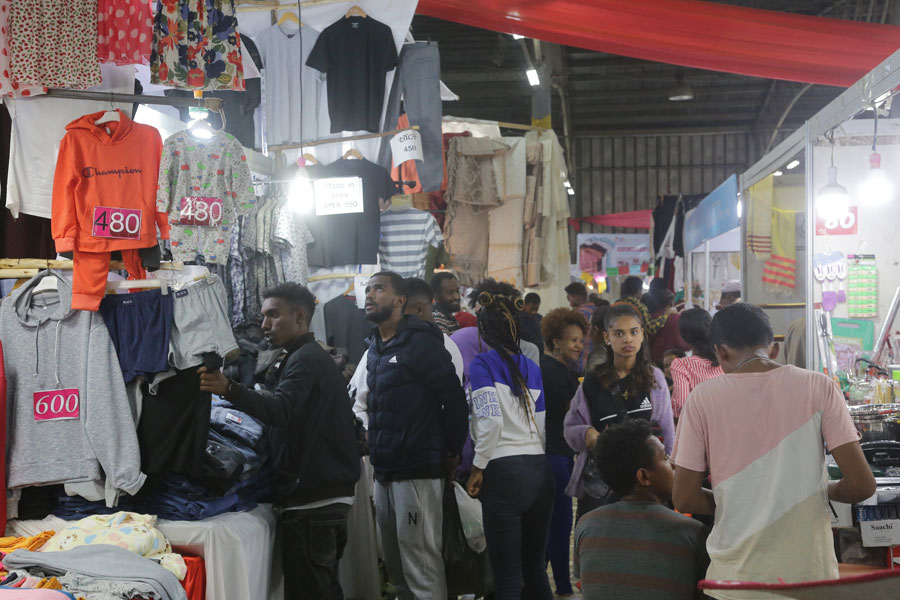
Featured | Jan 01,2023

Editorial | Sep 10,2022
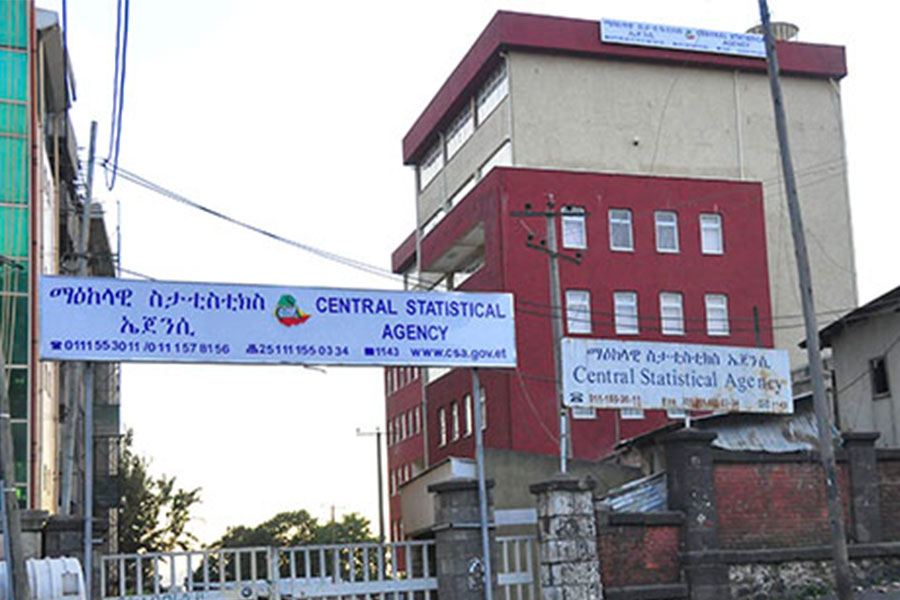
Fortune News | Jan 26,2019
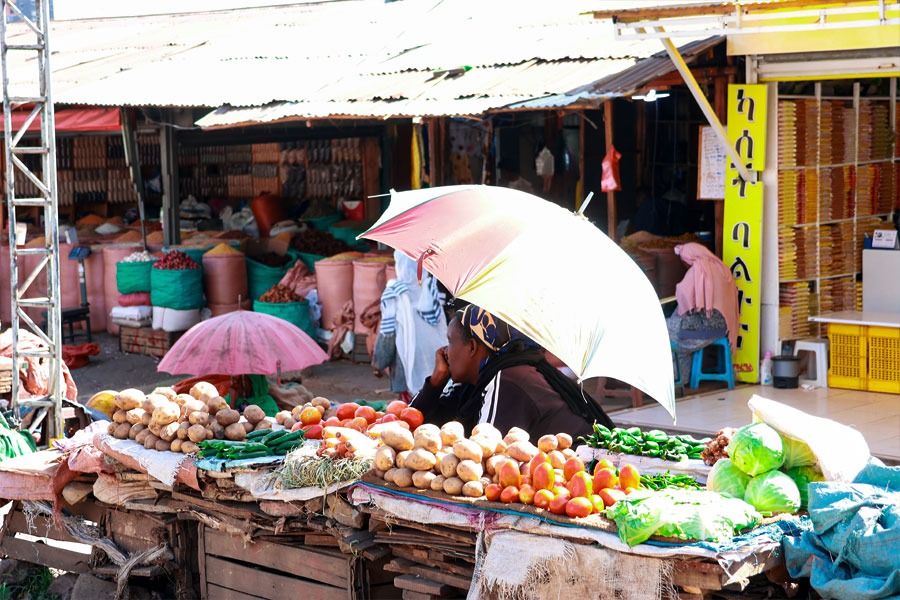
Agenda | Dec 09,2023
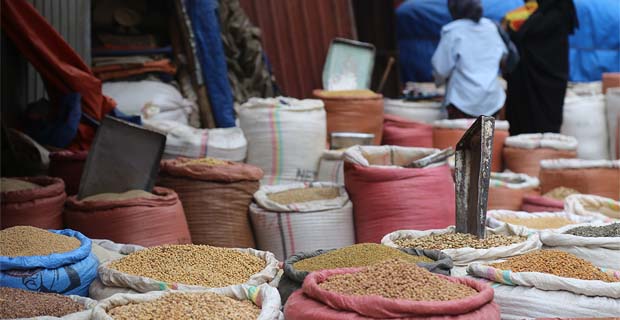
Fortune News | Oct 03,2020

Photo Gallery | 156664 Views | May 06,2019

Photo Gallery | 146952 Views | Apr 26,2019

Photo Gallery | 135496 Views | Oct 06,2021

My Opinion | 135264 Views | Aug 14,2021

Dec 22 , 2024 . By TIZITA SHEWAFERAW
Charged with transforming colossal state-owned enterprises into modern and competitiv...

Aug 18 , 2024 . By AKSAH ITALO
Although predictable Yonas Zerihun's job in the ride-hailing service is not immune to...

Jul 28 , 2024 . By TIZITA SHEWAFERAW
Unhabitual, perhaps too many, Samuel Gebreyohannes, 38, used to occasionally enjoy a couple of beers at breakfast. However, he recently swit...

Jul 13 , 2024 . By AKSAH ITALO
Investors who rely on tractors, trucks, and field vehicles for commuting, transporting commodities, and f...

Sep 13 , 2025
At its launch in Nairobi two years ago, the Africa Climate Summit was billed as the f...

Sep 6 , 2025
The dawn of a new year is more than a simple turning of the calendar. It is a moment...

Aug 30 , 2025
For Germans, Otto von Bismarck is first remembered as the architect of a unified nati...

Aug 23 , 2025
Banks have a new obsession. After decades chasing deposits and, more recently, digita...
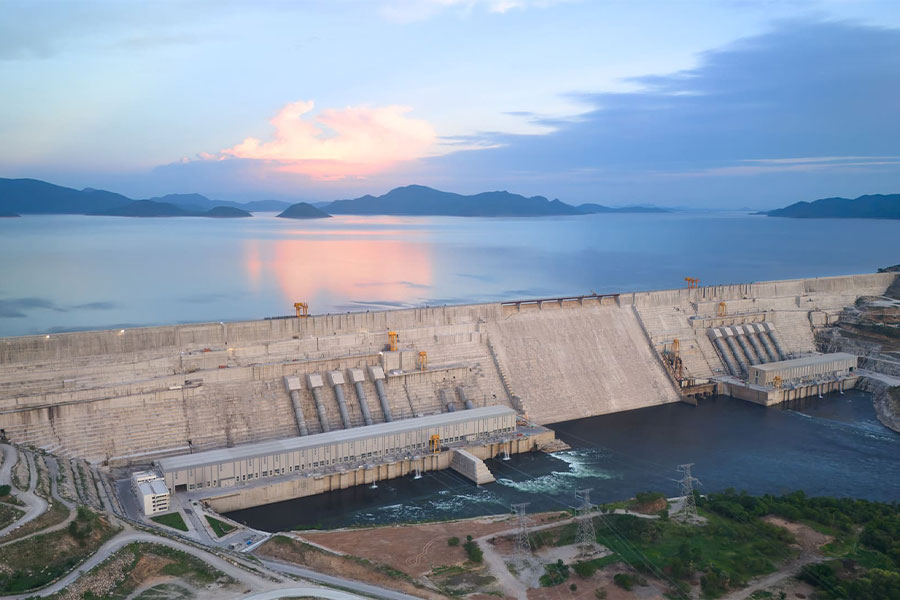
Sep 15 , 2025 . By AMANUEL BEKELE
The Grand Ethiopian Renaissance Dam (GERD), Africa's largest hydroelectric power proj...
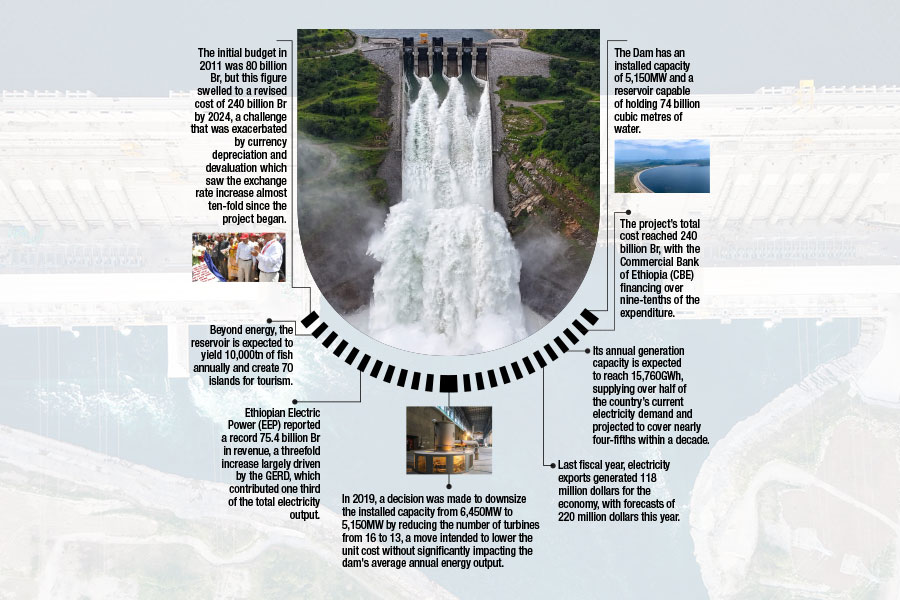
Sep 13 , 2025
The initial budget in 2011 was 80 billion Br, but this figure swelled to a revised cost of 240 billion Br by 2024, a challenge that was exac...

Banks are facing growing pressure to make sustainability central to their operations as regulators and in...

Sep 15 , 2025 . By YITBAREK GETACHEW
The Addis Abeba City Cabinet has enacted a landmark reform to its long-contentious setback regulations, a...